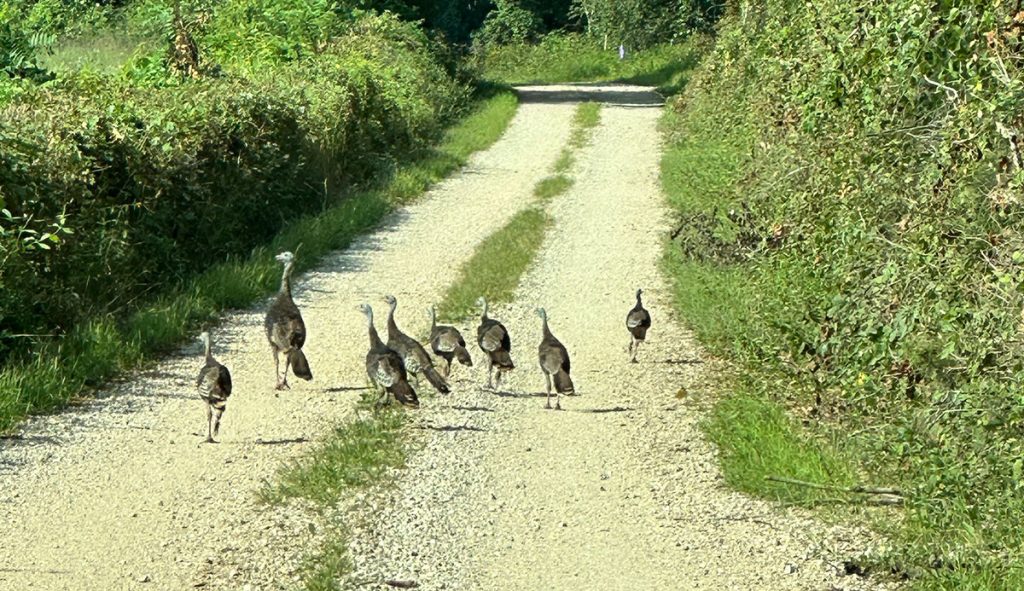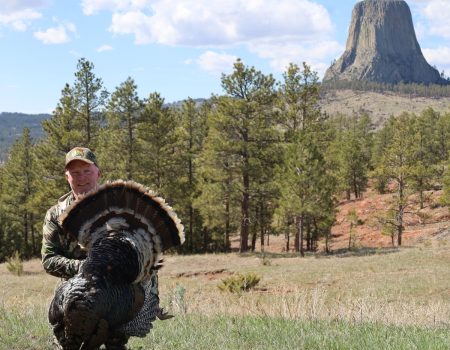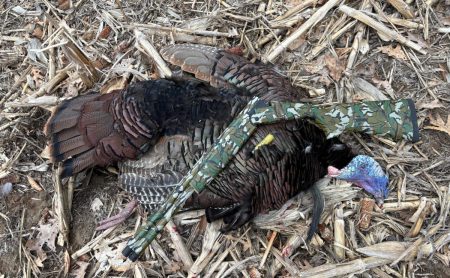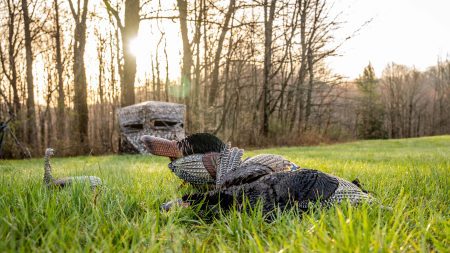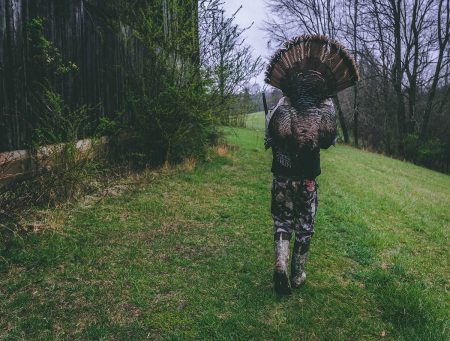In an effort to combat steep population declines among wild turkeys, South Carolina has passed significant changes to its spring turkey hunting regulations, effective starting in 2025. The new rules ban “reaping” on private land and prohibit all hunting of jakes (juvenile male turkeys), regardless of the hunter’s age.
Key Changes
“Reaping”—a method where hunters actively stalk turkeys while hiding behind a decoy or tail fan—has now been outlawed on private land. However, “fanning,” which involves remaining stationary while using a decoy or fan, remains legal. Both tactics have already been banned on public land in South Carolina since 2020.
In addition, the state has issued a blanket prohibition on harvesting jakes. A jake is classified as any male turkey with a beard shorter than six inches or a tail fan that is not fully developed (identified by longer center feathers). This rule applies across the board, with no youth exemptions.
Rationale Behind the Regulations
Wild turkey populations in South Carolina—and across much of the Southeast—have been declining in recent years. State wildlife officials believe that protecting younger males and limiting aggressive hunting tactics may help stabilize or even grow turkey numbers by allowing more birds to reach maturity and breed.
The Good
Increases Gobbler Survival Rates
By prohibiting the harvest of jakes, more young males will survive to maturity. These birds will have at least one breeding season as full-grown gobblers, helping to boost reproduction and stabilize declining populations.
Allows for More Natural Breeding Behavior
Protecting jakes ensures that more dominant, mature gobblers remain in the flock during peak breeding periods. This helps maintain natural hierarchy and may lead to healthier, more genetically diverse offspring.
Reduces Overharvest Pressure
Banning aggressive tactics like reaping—especially on private land—could reduce the number of birds taken in a season. Reaping is highly effective, and some argue it puts too much pressure on turkey populations already in decline.
Encourages a More Traditional Style of Hunting
Hunters may return to more classic, patient calling setups rather than aggressive tactics. This can be a safer, more rewarding experience, especially for mentoring new hunters or introducing kids to ethical practices.
Aligns Public and Private Land Regulations
Banning reaping on private lands brings regulations more in line with public land rules already in place since 2020, creating a more consistent and enforceable statewide policy.
Long-Term Sustainability of Turkey Hunting
Ultimately, these regulations aim to protect the future of turkey hunting in South Carolina. A few short-term sacrifices could lead to stronger populations, more birds in the woods, and better hunting for future generations.
The Bad
While conservationists and some hunters support the changes, the new regulations are not without controversy. Critics of the bans point to several possible downsides:
Reduced Opportunity for Youth and New Hunters: The prohibition on jake harvests may discourage young or first-time hunters, who often target jakes due to their relative accessibility. Removing this option could reduce participation and slow recruitment into the hunting community.
Unintended Economic Impact: Outfitters, landowners, and rural communities that depend on turkey season revenue might feel a financial pinch. With fewer hunting opportunities, some hunters may choose to travel out of state or stop participating altogether.
Enforcement Challenges: Differentiating between a jake and a mature gobbler in the field isn’t always easy, especially in dense cover or low light. This could lead to accidental violations, frustrating law-abiding hunters and complicating enforcement for wildlife officers.
Questionable Biological Impact: Some biologists question whether targeting jakes significantly impacts long-term turkey numbers. They argue that overall habitat quality, predation, and nesting success play a more pivotal role in turkey population health than the harvest of a few juvenile males.
As these regulations go into effect, the South Carolina Department of Natural Resources hopes that by allowing jakes to grow into mature, breeding gobblers, the state’s wild turkey population will rebound. Time will tell whether these efforts pay off—or whether they alienate more hunters than they help.
Per our affiliate disclosure, we may earn revenue from the products available on this page. To learn more about how we test gear, click here.






